Brexit: Amber Rudd says Plan B options plausible
- Published
Work and Pensions Secretary Amber Rudd says there is no better option than the PM's Brexit deal
The UK could pursue alternative options if Theresa May's Brexit plan is rejected by MPs, Work and Pensions Secretary Amber Rudd has acknowledged.
She is the first cabinet minister to publicly float the possibility of "plausible" alternatives.
Mrs Rudd told BBC Radio 4's Today programme she still supported the PM's plan - but "anything could happen" if it did not get through on Tuesday.
She said it could be "chaotic" if Mrs May's deal is rejected.
Mrs Rudd said a so-called "Norway plus" option or another referendum would both be possibilities in such a situation.
A Norway plus arrangement would see the UK remaining in the European Economic Area (EEA) and joining a customs union with the EU.
However the UK would have to accept free movement of people - breaching a previous "red line" laid down by the PM.
Ms Rudd described it as a "plausible", but not a "desirable" option for a Plan B. She also said she was not certain it could be done.
Norway is not a member of the EU but it is part of the EEA. While a cross-party group of MPs back a similar status for the UK - the government would need to apply to join Norway and three other countries in the European Free Trade Association.
Ms Rudd said the deal Mrs May reached with the EU last month was the "best option".
"What we need is a compromise deal - that's what the prime minister has proposed," she said.
Asked why she had previously refused to speculate on possible alternatives to Mrs May's agreement, Ms Rudd said: "We are getting closer to the vote.
"People are saying why they are not going to vote for it and I'm just pointing out if you don't vote for it, these are the other things that could happen. Are you sure you want them more?"

Analysis
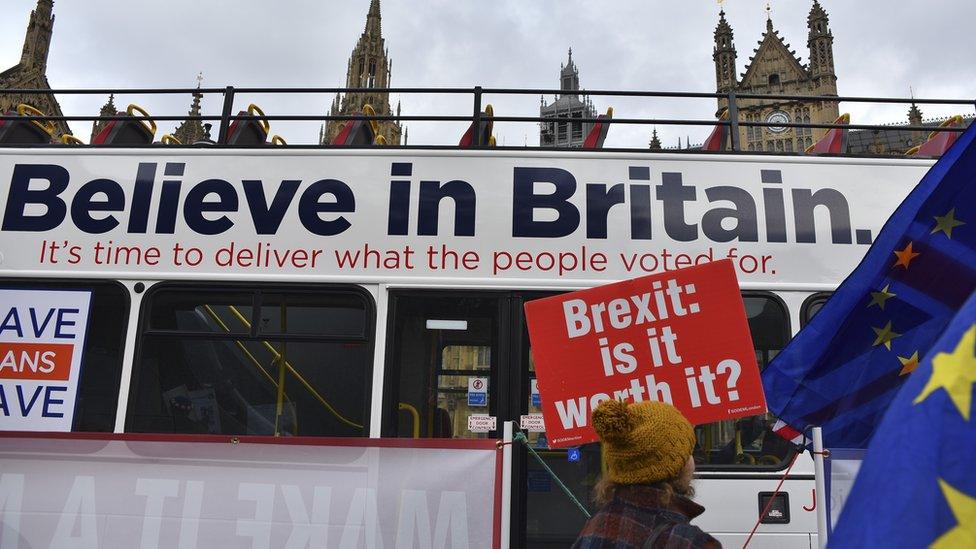
Pro and anti-Brexit campaigners have been staging protests at Westminster
By Matt Cole, BBC political correspondent
Far and wide this week - ministers have travelled the UK selling the idea of Theresa May's Brexit plan.
The message has been a simple one - there is no alternative.
Until this morning - when the Work and Pensions Secretary Amber Rudd opened the door to a Plan B... and what might happen if MPs vote down the deal.
To be clear, Mrs Rudd says she still backs - and will vote for - the PM's plan. But she has now become the first voice from within the cabinet to entertain a notion of what happens next if the vote is lost.
What is more, politicians know how their words are weighed. The work and pensions secretary will have been aware that people would interpret raising the prospect of a Norway Plus relationship with the EU as her signalling her support.
Some will find it easy to believe that her declaration that such an arrangement would be "plausible" is none other than an early shot in the looming battle of the Plan Bs.
For there to be a plan B though, plan A must first be voted down.
And despite Mrs Rudd's protestations of faith that the deal's not dead, it's looking highly likely it will be killed off on Tuesday.

Ms Rudd told Today a lot of people had a "perfect vision" of what they think Brexit should look like, "and that perfect is not available".
"I would urge my colleagues to think about, first of all, why people voted to leave the European Union, what their interpretation is of that; and, secondly, what the alternatives are," she said.
She added: "If it doesn't get through, anything could happen... and none of them are as good as the current arrangement."
Brexit: Can Theresa May win over MPs?
Ms Rudd said she hoped an amendment to Tuesday's vote, tabled by former Northern Ireland minister Sir Hugo Swire in an attempt to win over Eurosceptic MPs, "will give some of my colleagues reassurance".
Many MPs have expressed concerns about the so-called backstop arrangement, aimed at preventing a "hard border" between Northern Ireland and the Republic of Ireland if no trade deal is ready before the end of the post-Brexit transition period, in December 2020.
The amendment would enable Parliament to approve a decision to trigger the backstop and put a one-year time limit on it.
On Saturday, Colchester MP Will Quince became the latest Conservative to resign from the government over the backstop question.
Mr Quince stepped down as a ministerial aide to Defence Secretary Gavin Williamson, telling the Sunday Telegraph, external he could not support a backstop without an end date.
For what could happen after the vote, read here.

What is the Norway model?
Norway is not a member of the EU but is in the European Economic Area, meaning it is part of the single market
In return, it contributes to the EU budget, and has to follow most EU rules and laws, including the freedom of movement of goods, services, capital and people
Norway is not part of the customs union, so, to avoid a hard Irish border, a new customs union (or equivalent arrangement) with the EU - a "Norway plus" solution - would be necessary
You can read a more detailed explanation of the Norway model here.

- Published7 December 2018
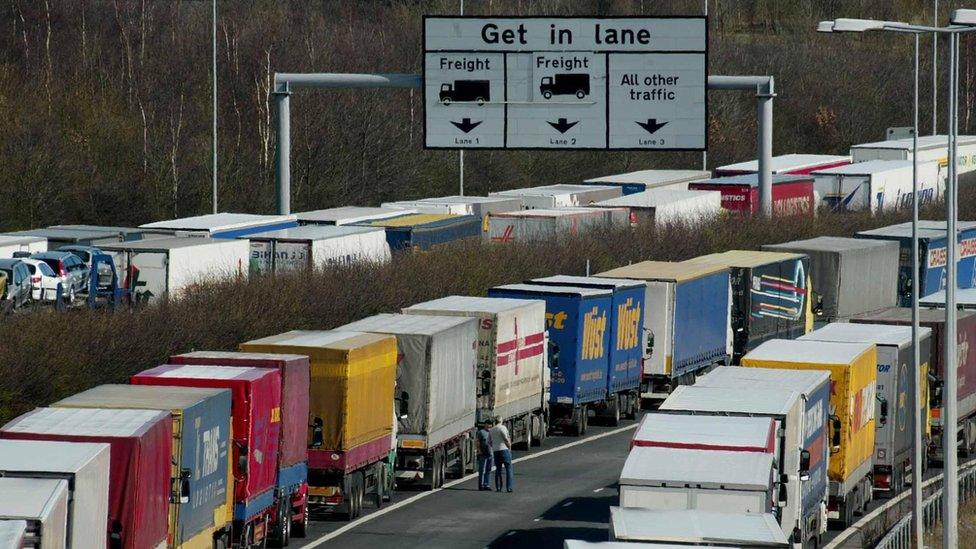
- Published7 December 2018
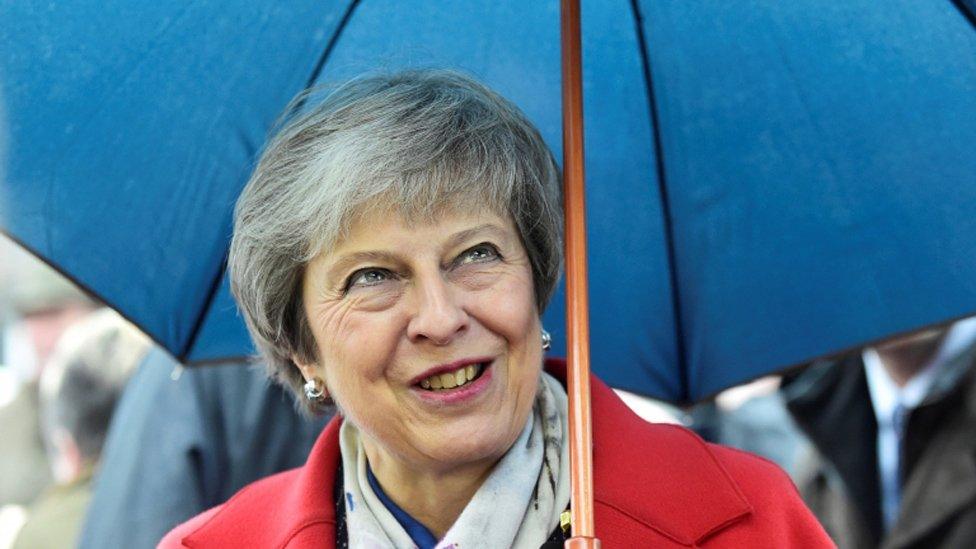
- Published13 July 2020
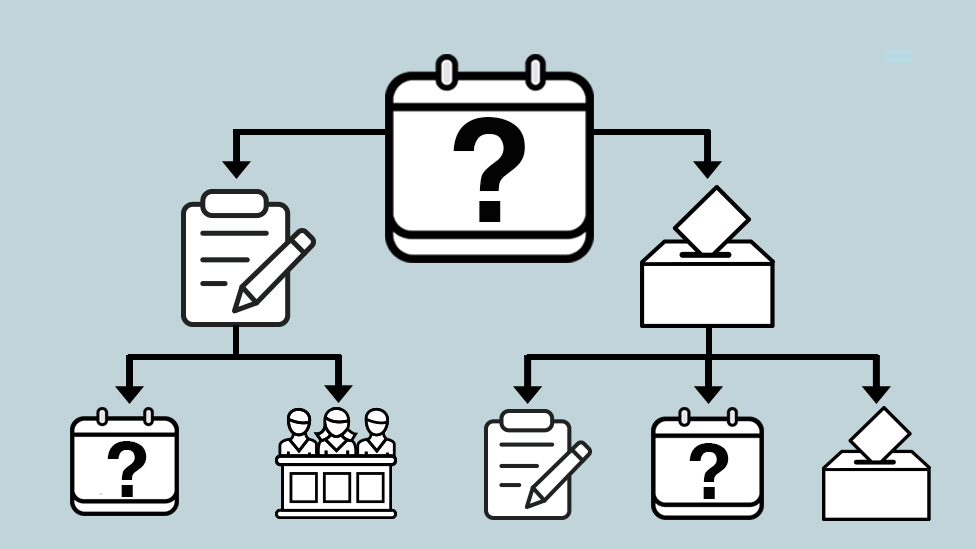
- Published30 October 2018
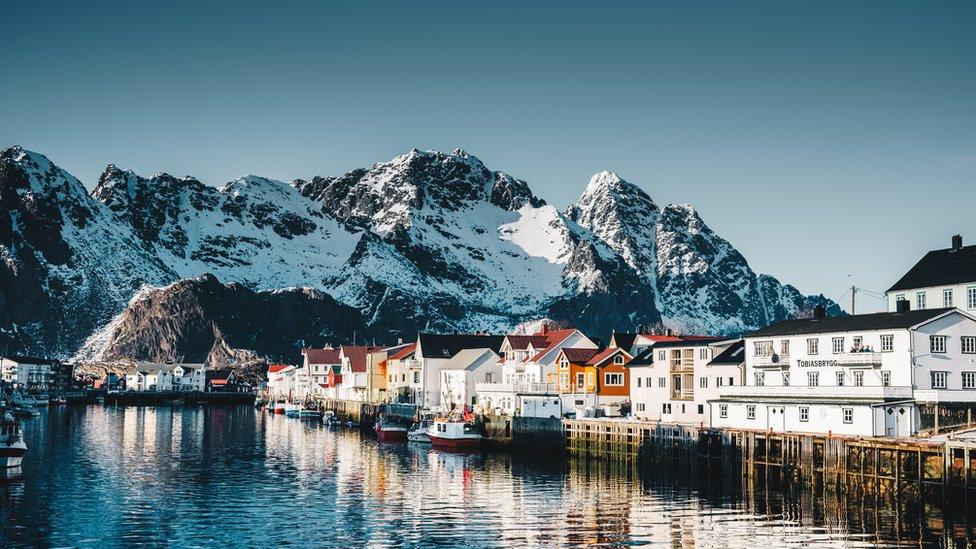
- Published11 December 2020
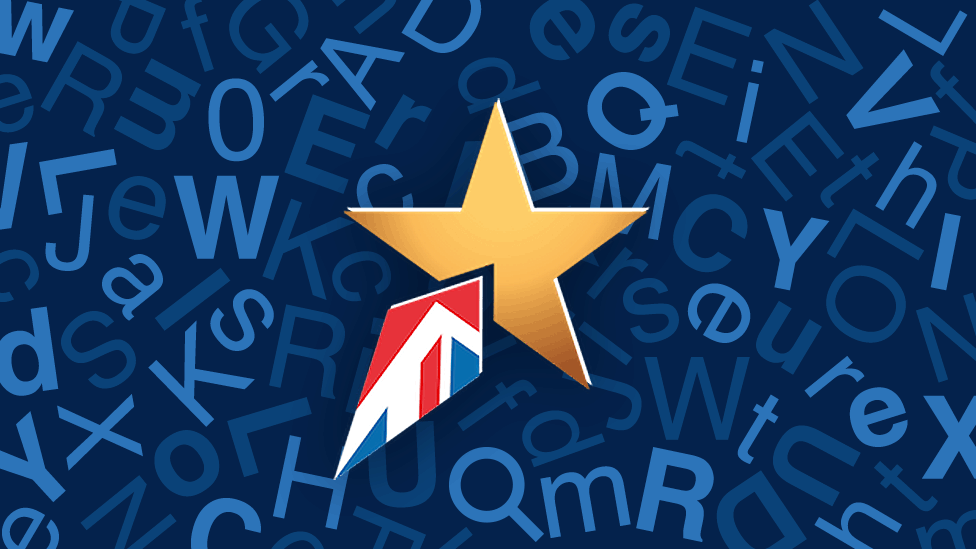
- Published30 July 2019

